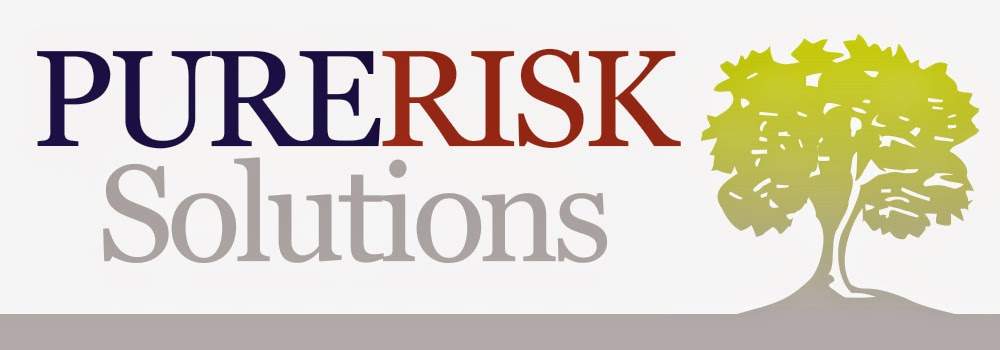In general, any time you serve alcohol, host a pool party or provide equipment for entertainment, there is an element of potential liability on your part for any injury, and your insurance may not provide coverage.
If you own a backyard pool, you may be liable if someone is injured. Consider who uses your pool. Are children supervised? Do you limit the number of swimmers in the pool at one time? Are there slides or diving boards that could increase the risk of injury? Many insurance companies do not issue policies on properties with these types of pool equipment.
Other child-oriented activities pose hazards as well. There were several reports this year of injuries to children after bounce houses went airborne. While that is not likely to happen, other bounce house injuries are common. Children can knock into each other and cause injury. Whether you purchase or rent inflatables, follow the manufacturer’s instructions for setup and storage, and take common-sense precautions to prevent injury.
Trampolines pose an even bigger risk, and some carriers exclude trampolines from coverage or charge extra premium. The U.S. Consumer Product Safety Commission (CPSC) estimated that in 2012 there were 94,900 hospital emergency room-treated injuries associated with trampolines. The agency also noted 22 deaths in the 10-year period between 2000 and 2009.
As part of its underwriting process, your insurance company may request documentation that safety measures are in place for bounce houses and trampolines.
When you serve alcohol, be especially careful. Slower response times and reduced clarity in judgment make routine games such as lawn darts, horseshoes or football more dangerous. Also, be aware that you may be held liable if a guest drives home from a party intoxicated and injures or kills someone, or damages someone’s property, on the way. Ask your insurance agent whether your potential liability would be covered by your homeowner policy. Coverage for liability arising out of serving alcohol to guests is referred to as host liquor liability and is not covered by all insurance companies.
Location is another concern. If you rent a shelter, be sure to ask your agent if your homeowner’s liability insurance extends property damage coverage to the rented location.
Most picnics and parties go off without a hitch. However, before you plan a big event, it is a good idea to review your homeowner’s liability coverage with your agent to make sure you are covered should an accident occur.
–Coverages described here are in the most general terms and are subject to actual policy conditions and exclusions. For actual coverage wording, conditions and exclusions, refer to the policy or contact your independent agent.
By Melissa Kamp for Cincinnati Insurance Companies




